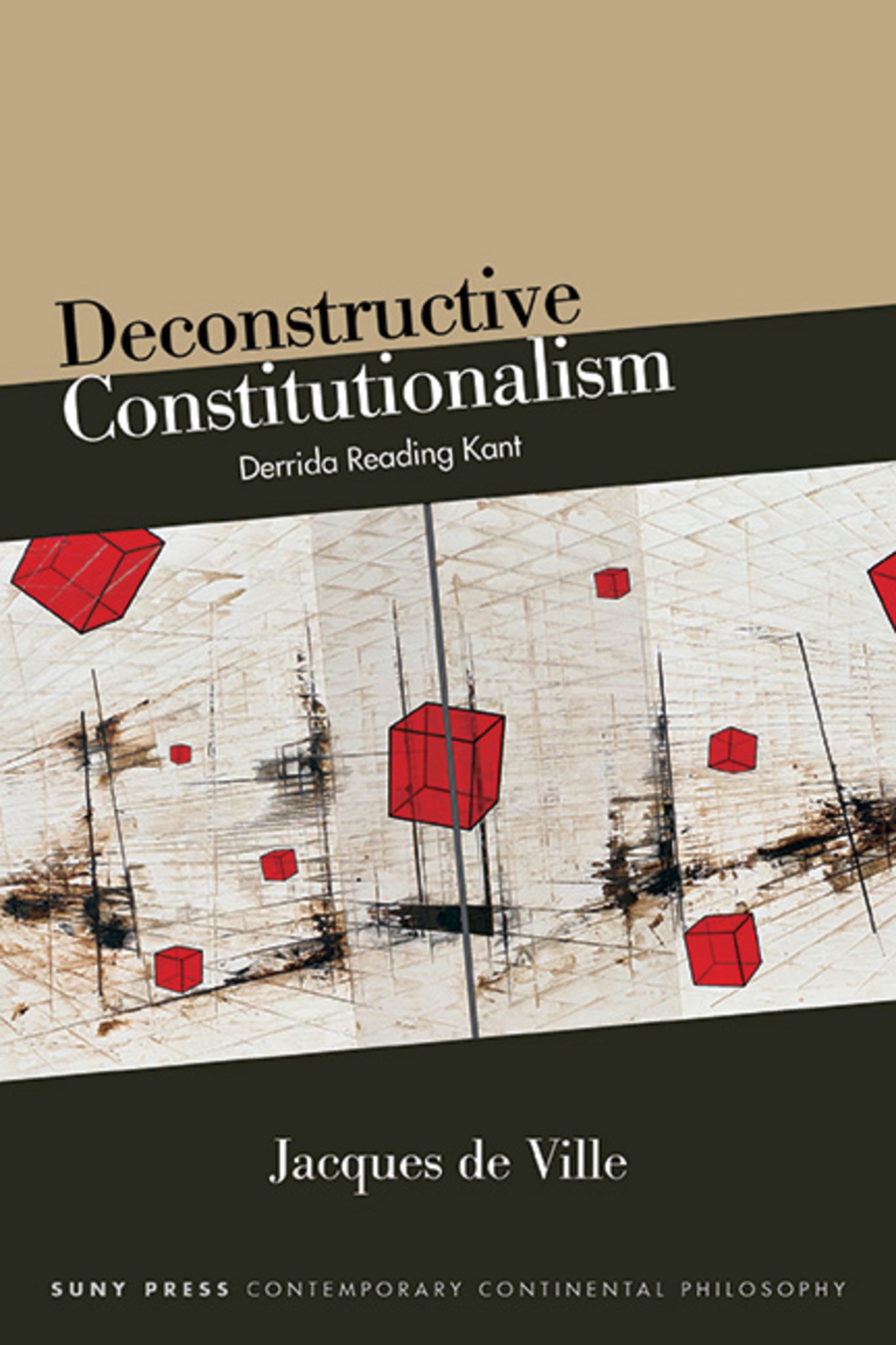We're sorry. An error has occurred
Please cancel or retry.
Deconstructive Constitutionalism

Some error occured while loading the Quick View. Please close the Quick View and try reloading the page.
Couldn't load pickup availability
- Format:
-
01 January 2023

Investigates, by way of Derrida's engagements with Kant, how the foundations of modern constitutionalism can be differently conceived to address some of the challenges of the twenty-first century.
Deconstructive Constitutionalism explores the relationship between the thinking of Immanuel Kant and Jacques Derrida concerning modern constitutionalism. Kant is widely recognized as one of the philosophical forebears of modern constitutionalism; that is, the notion that state powers should be defined and limited through a constitution. Kant laid the foundation of constitutionalism through his exposition of freedom, practical reason, and moral law. However, constitutionalism is under severe strain due to the challenges posed by inter alia climate change, global health, global conflict, authoritarianism, authoritarian populism, religious fundamentalism, migration, and inequality. Deconstructive Constitutionalism investigates, by way of Derrida's engagements with Kant, how the foundations of constitutionalism can be conceived differently to address some of these twenty-first-century challenges. The book examines the possible implications of such a re-reading of Kant for democracy, the human-animal relation, criminal law and punishment, as well as for a global constitutional order.


"Are our institutions fit for purpose in the era of COVID-19 and climate change? Drawing on Derrida and Heidegger, de Ville interrogates the Kantian assumptions on which our legal and political institutions still rely, addressing key issues of principle from freedom to crime and punishment, the global order, and the human relationship with non-human animals. For legal scholars, the book provides a systematic account of Derrida's critique of conventional legal thinking; for continental philosophy scholars, it represents a major contribution to the study of Derrida's political thought. Over and above that, it suggests new ways in which law and politics must be re-thought in order to meet the challenges of our times." — Nick Mansfield, author of Bastard Politics: Sovereignty and Violence
Acknowledgments
Introduction
1. The Moral Law
2. The Principle of Reason
3. Freedom and Democracy
4. Animal, Subject, Constitution
5. Crime, Punishment, and Forgiveness
6. Perpetual Peace
Kant after Derrida
Notes
Bibliography
Index



